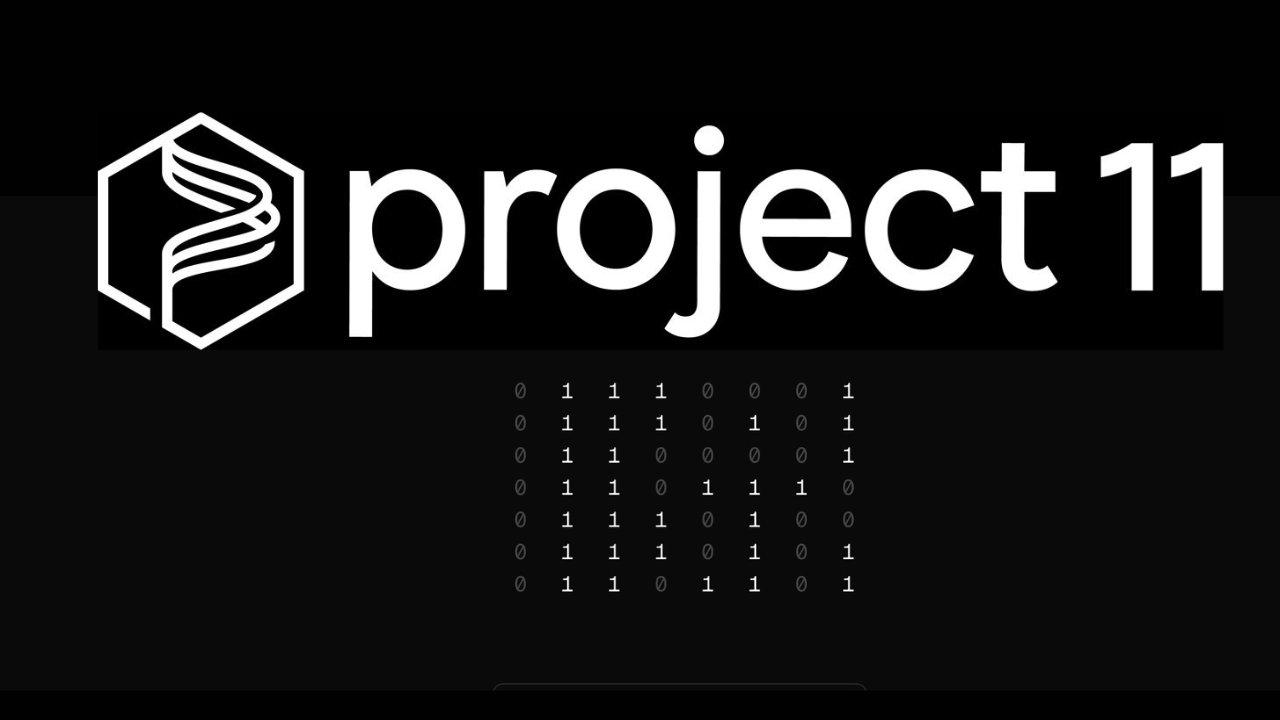Project Eleven, an applied lab of builders and technologists at the intersection of quantum computing and cryptography has closed a $6 million fundraising round.
Project Eleven's first critical initiative addresses the immediate vulnerability of Bitcoin.
The company aims to protect the approximately $600 billion in value held in wallets with exposed public keys by enabling users to claim provenance over their digital assets today using post-quantum cryptography.
In conjunction with the funding announcement, Project Eleven is launching Yellowpages, a cryptographic registry designed to help Bitcoin holders prove ownership in a post-quantum world.
Yellowpages provides a practical fallback solution, allowing individuals and institutions to secure their Bitcoin holdings without immediate on-chain transactions or reliance on potentially slow protocol upgrades.
Yellowpages enables users to:
- Generate quantum-resistant key pairs.
- Create a cryptographic proof linking their existing Bitcoin address to these new quantum-resistant addresses, without exposing sensitive information.
- Have their proof securely time-stamped and registered in a publicly verifiable registry.
Project 11 recently launched The QDay Prize, a 1 BTC bounty for breaking the biggest ECC key using Shor’s algorithm, a challenge that’s already drawing a lot of attention.
“We define Q-Day as the moment when quantum computers become capable of breaking the elliptic-curve cryptography that secures private keys used by Bitcoin,” said Conor Deegan, co-founder and VP of Engineering at Project Eleven.
“Preparing ahead of Q-Day means ensuring that digital assets remain secure and verifiable in a post-quantum world. With Yellowpages, we’re giving users free, audited, and open-source tools to proactively establish quantum-resilient ownership today”.
Beyond Bitcoin, Project Eleven believes that securing existing digital financial infrastructure is paramount and will unlock new opportunities for quantum-based technologies to transform how we interact with digital assets.
Variant Fund and Quantonation led the round, with participation from Castle Island Ventures alongside founding investors Nebular and Formation.
According to Alex Pruden, CEO of Project Eleven:
“As quantum computing capabilities advance, the threat to systems like Bitcoin is no longer theoretical, it's imminent.
This funding allows us to stay ahead of that curve, building the tools, standards, and ecosystem required to ensure digital assets remain secure in a post-quantum world.”
William Zeng, Partner at Quantonation, shared:
“We know first-hand the accelerating global development of quantum computers. While this promises enormous value creation, it also threatens today’s digital assets.
The team at Project11 has the crypto-native and quantum-resistant cryptographic skills to build the products that will support and drive the quantum-resistant transition of Bitcoin and other digital assets.”
Nic Carter, Founding Partner at Castle Island Venture, asserts that quantum risks are sufficiently advanced that it’s no longer reasonable to deride them as mere FUD.
“It’s in everyone’s interest that we address these as soon as possible in a pre-emptive manner, and we’re proud to back Project11 as the standout effort to address this risk.”
The funding will accelerate Project Eleven's mission to secure Bitcoin and other digital assets against the impending threat of cryptographically relevant quantum computers (CRQCs). Project Eleven aims to build out its team to develop next-generation cryptography that leverages quantum mechanics to secure/send information.



Would you like to write the first comment?
Login to post comments